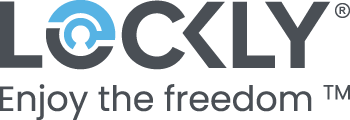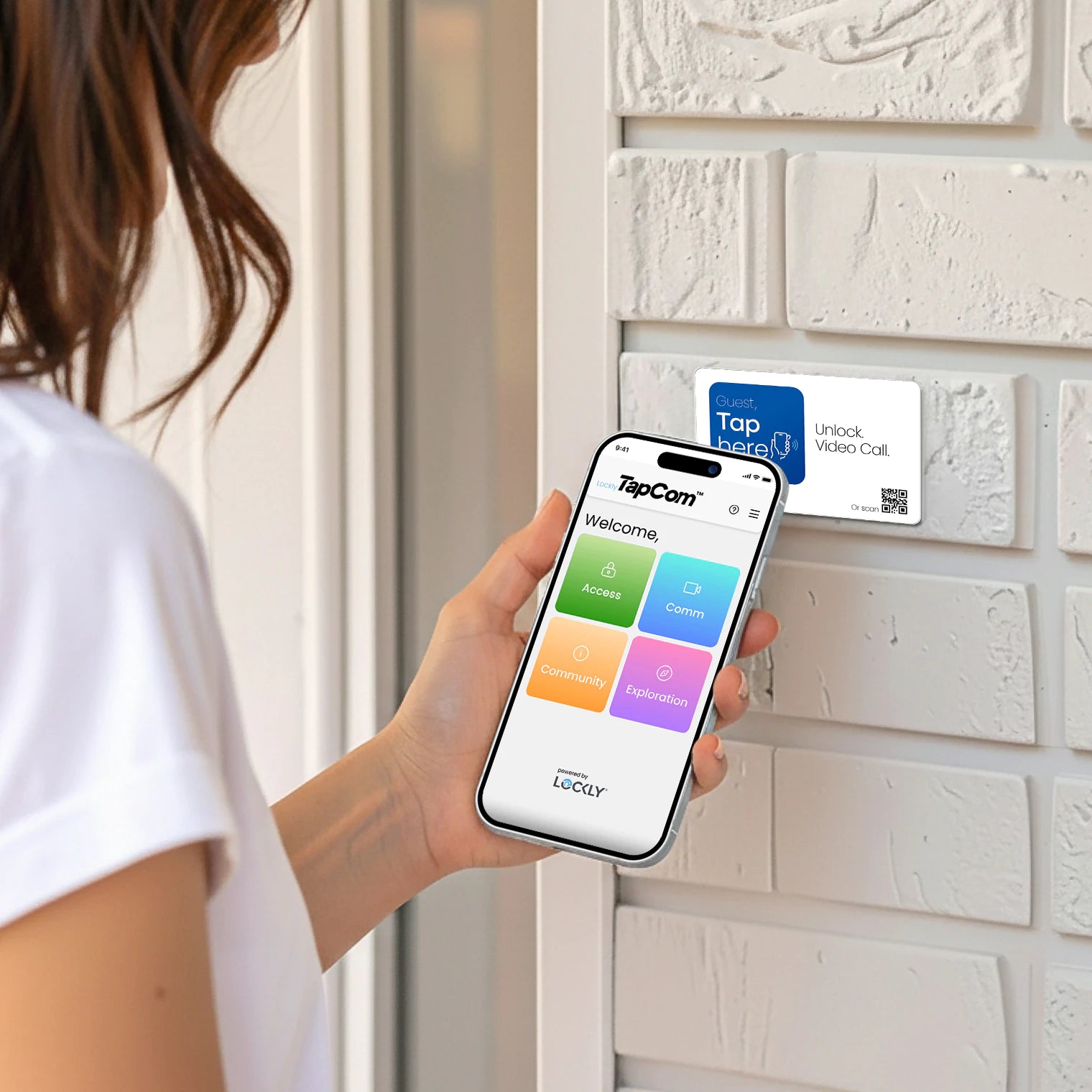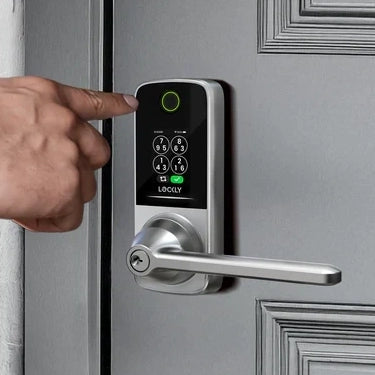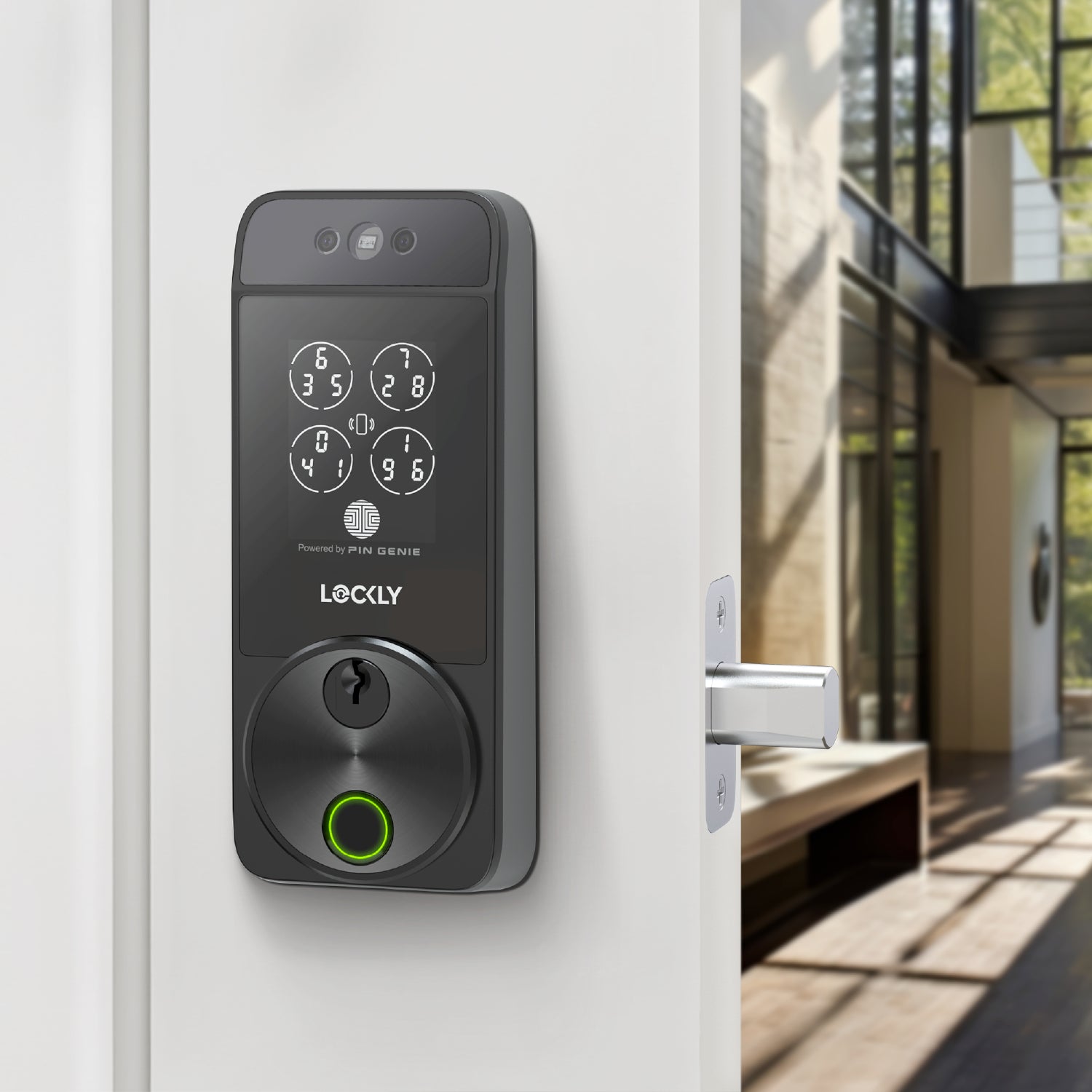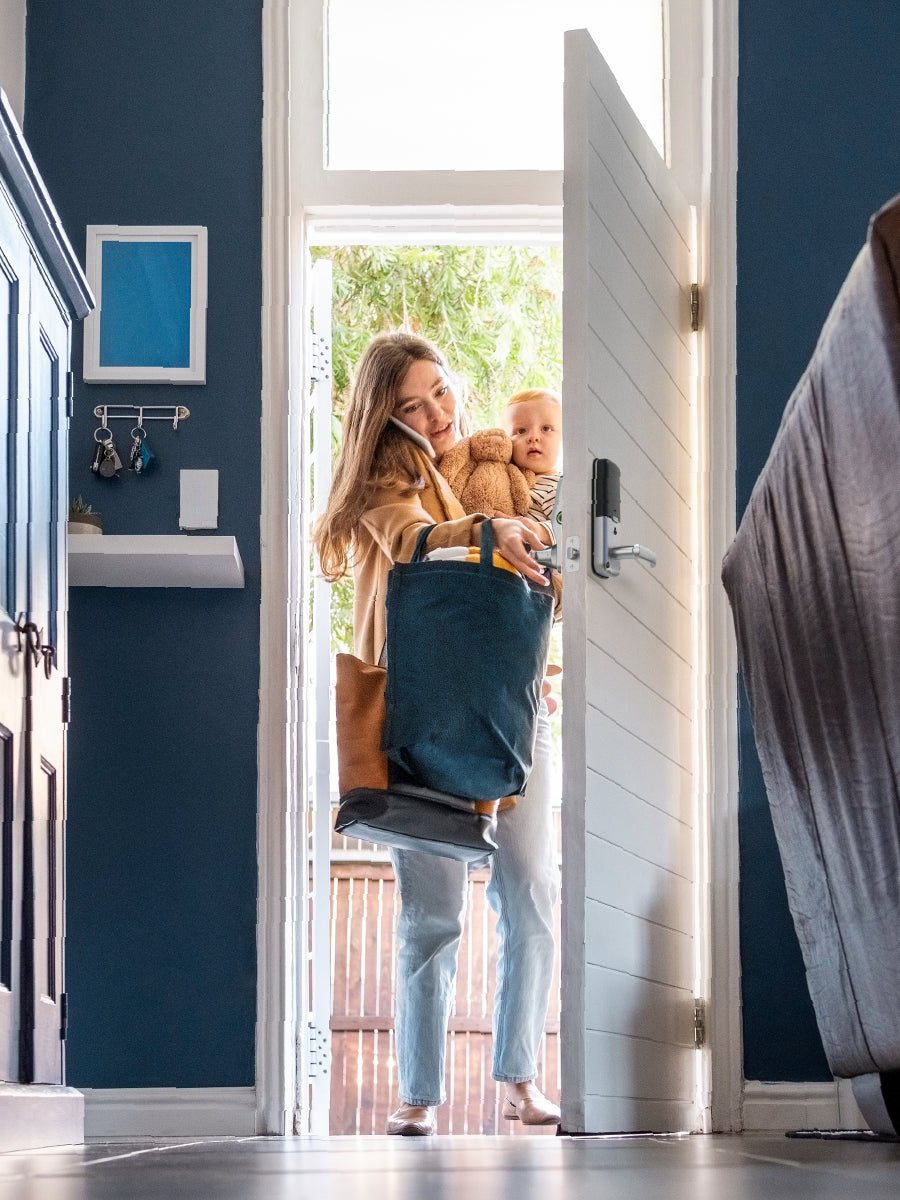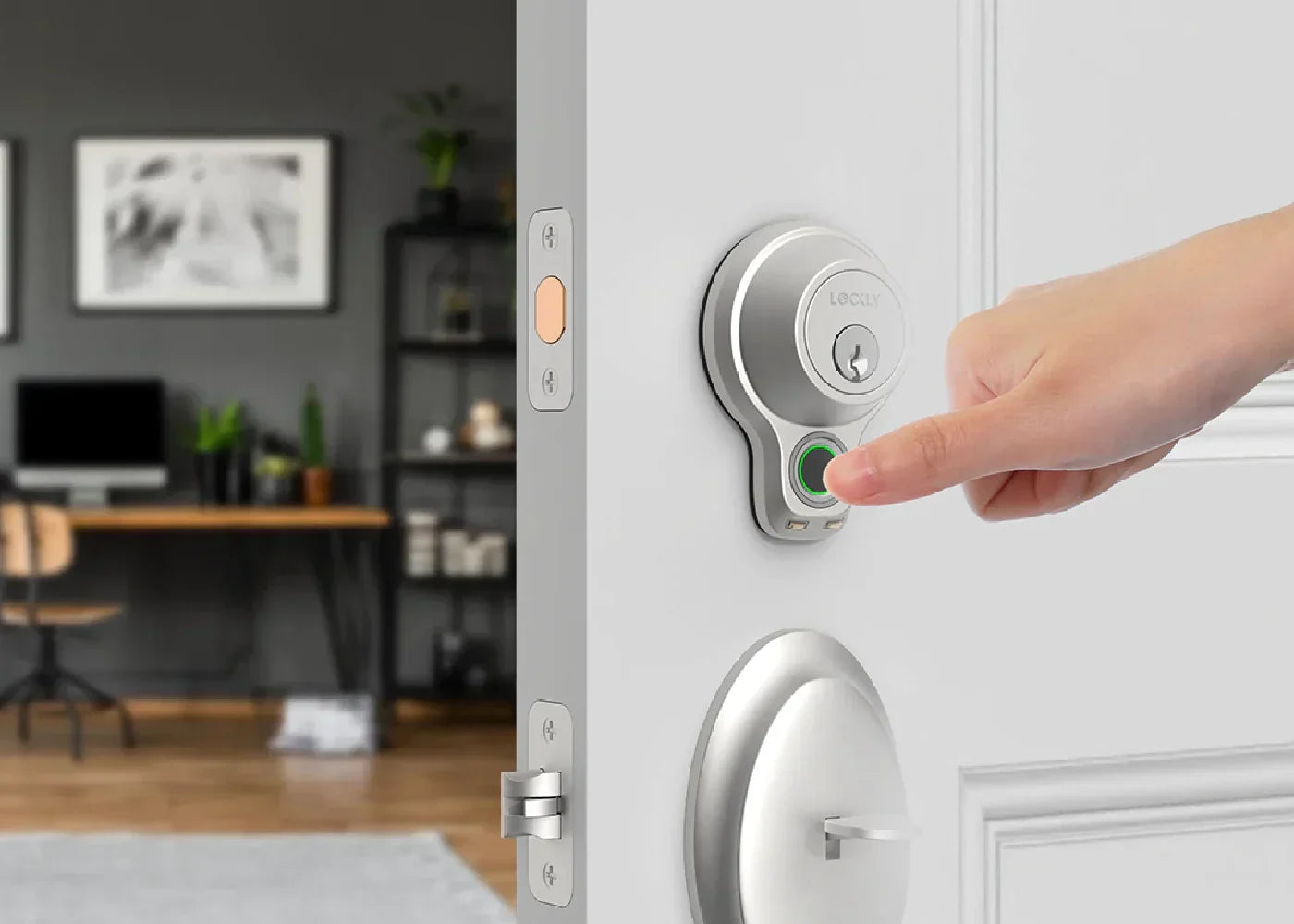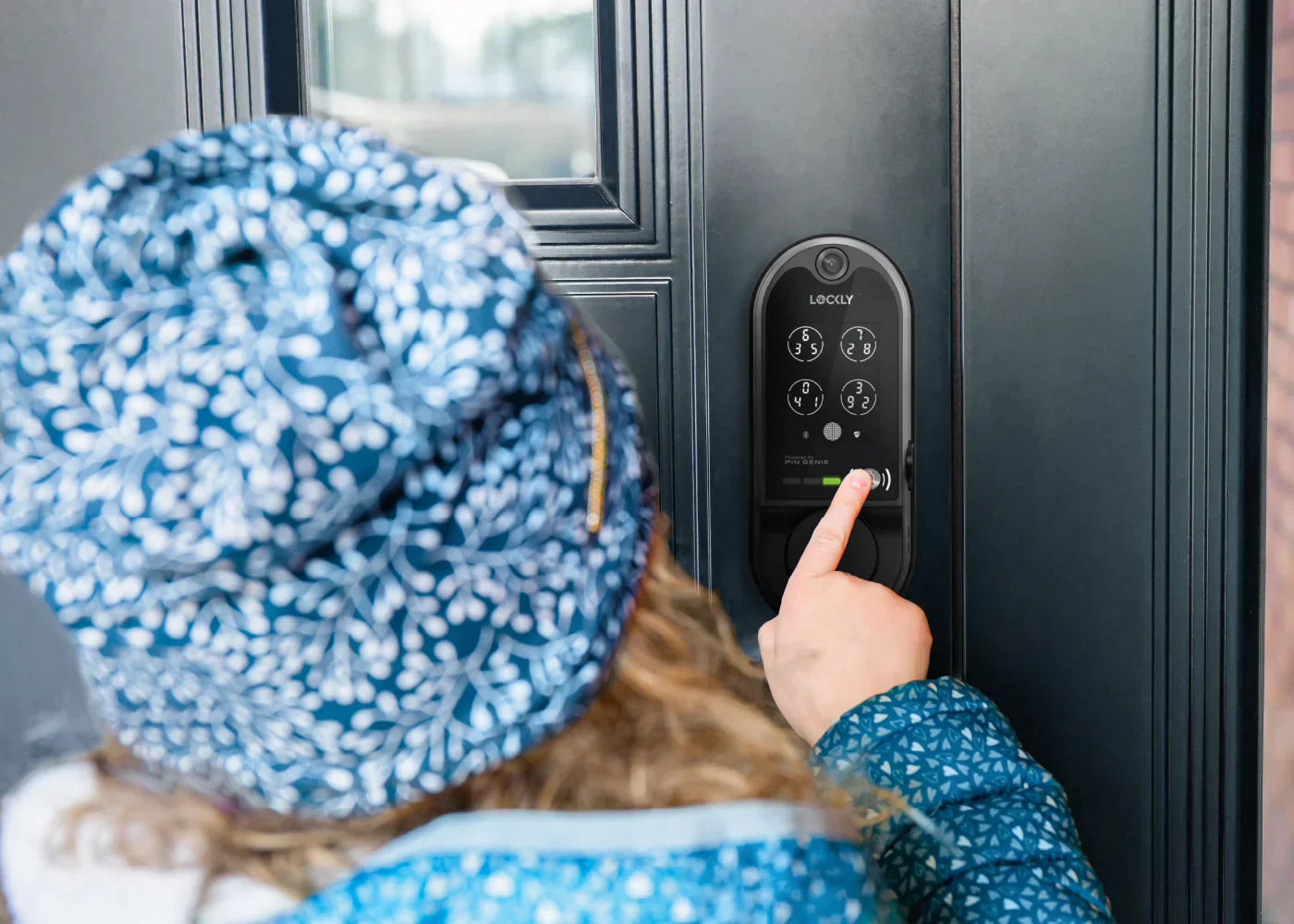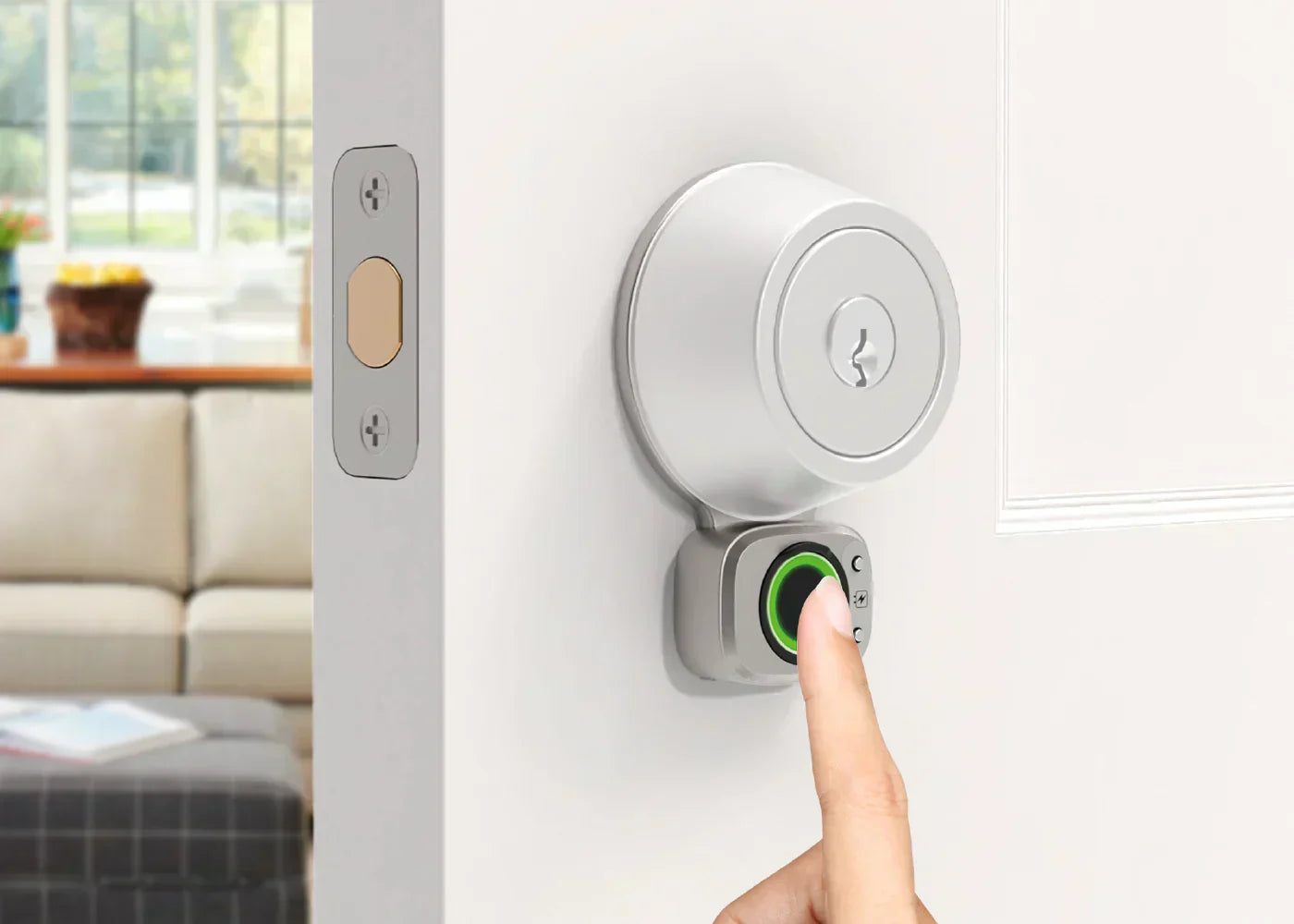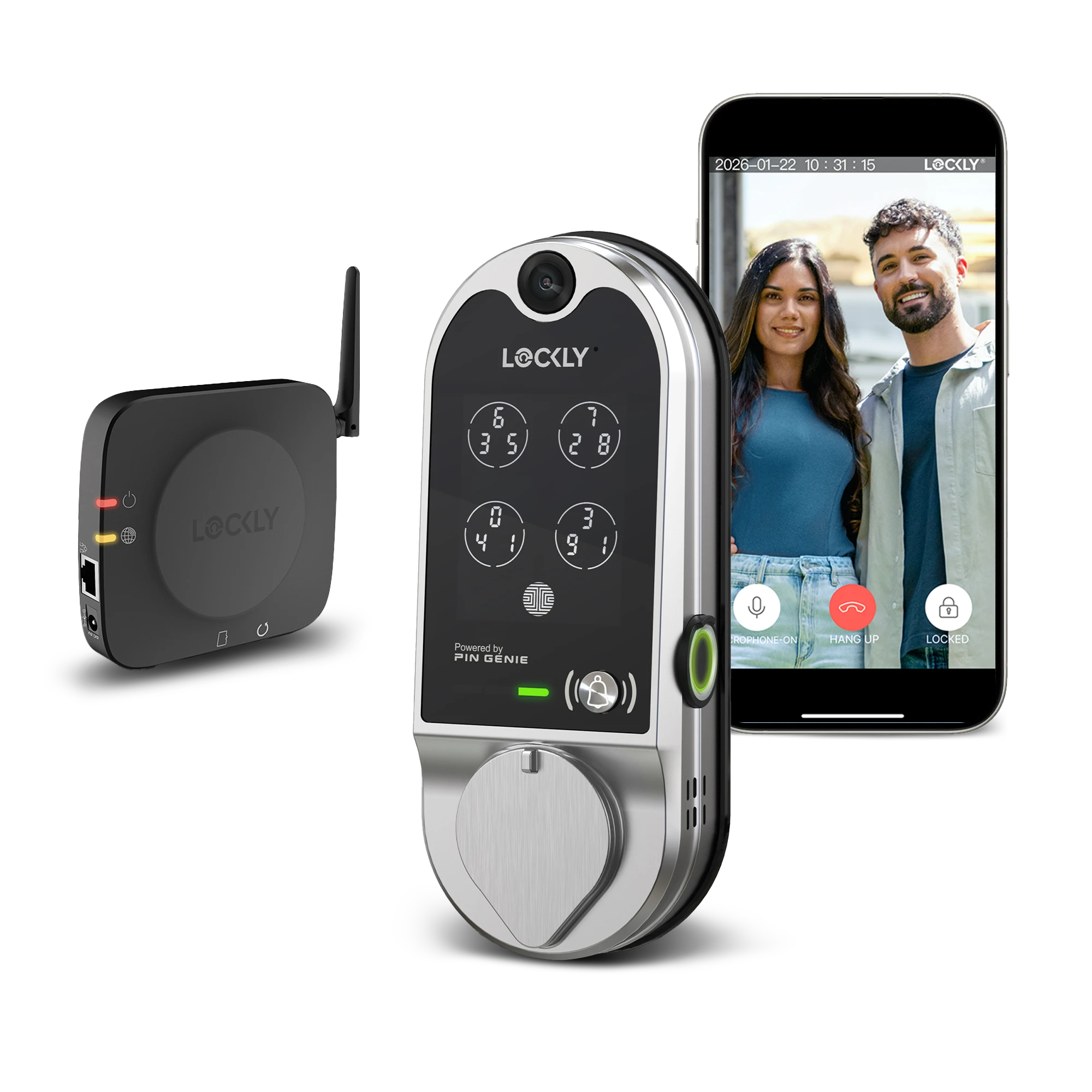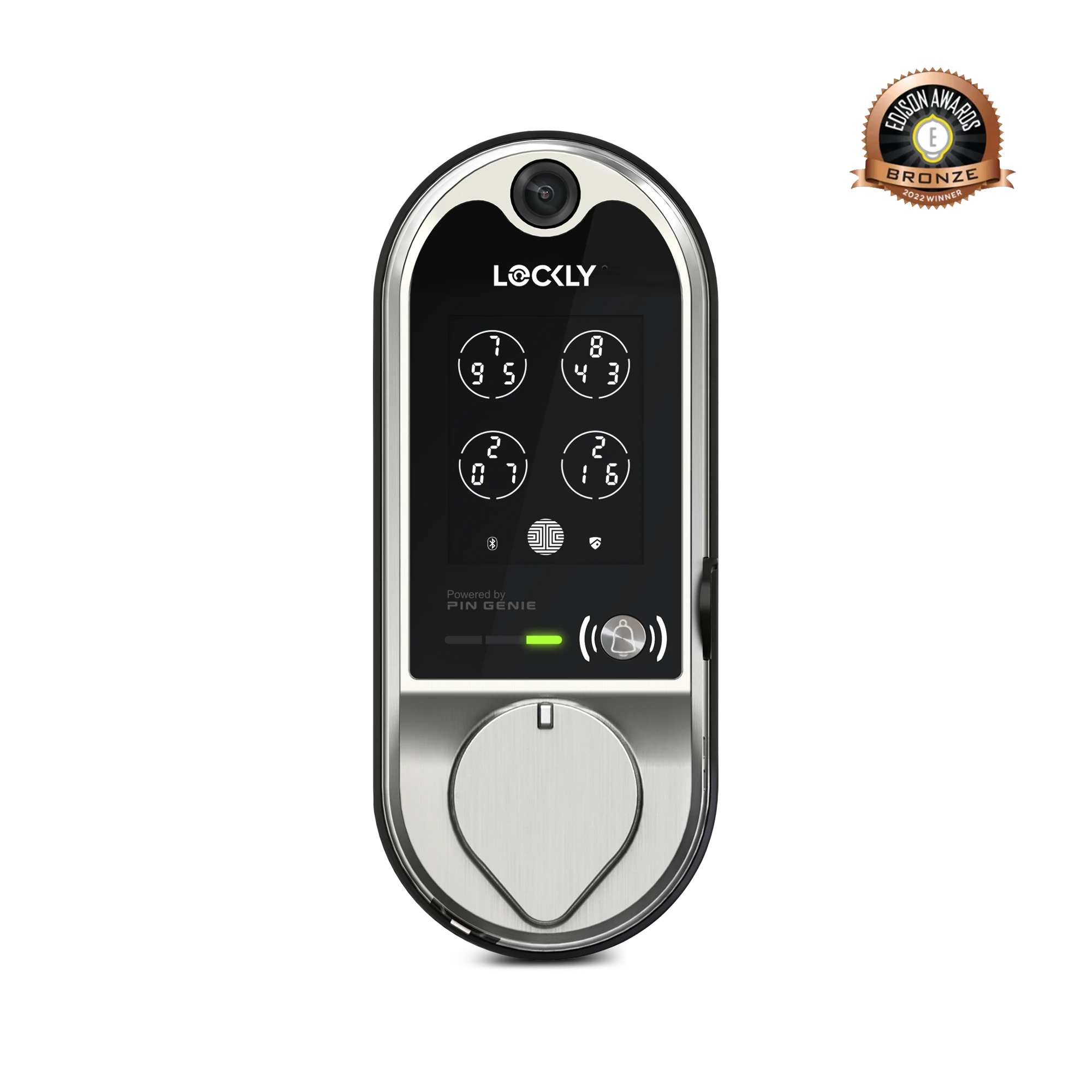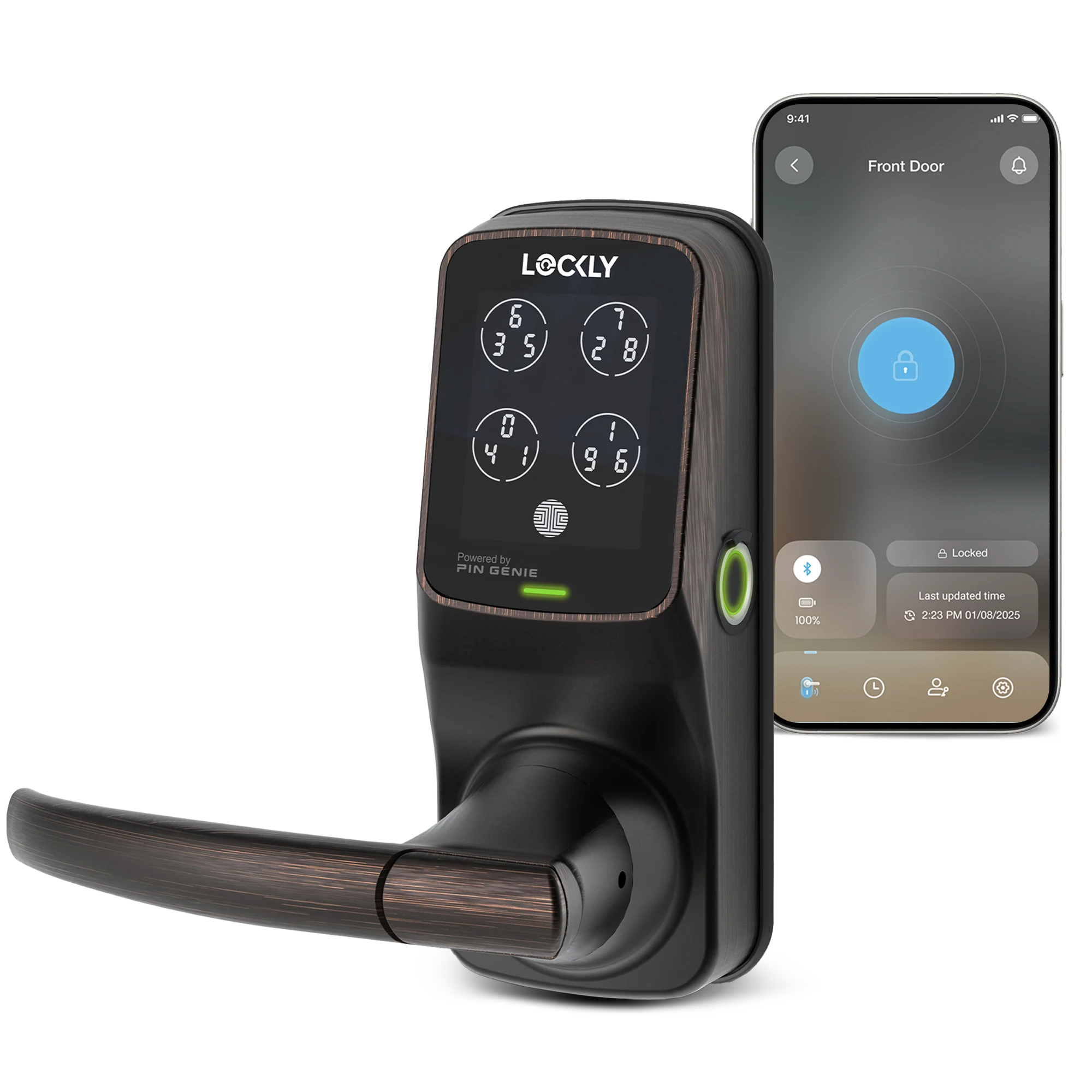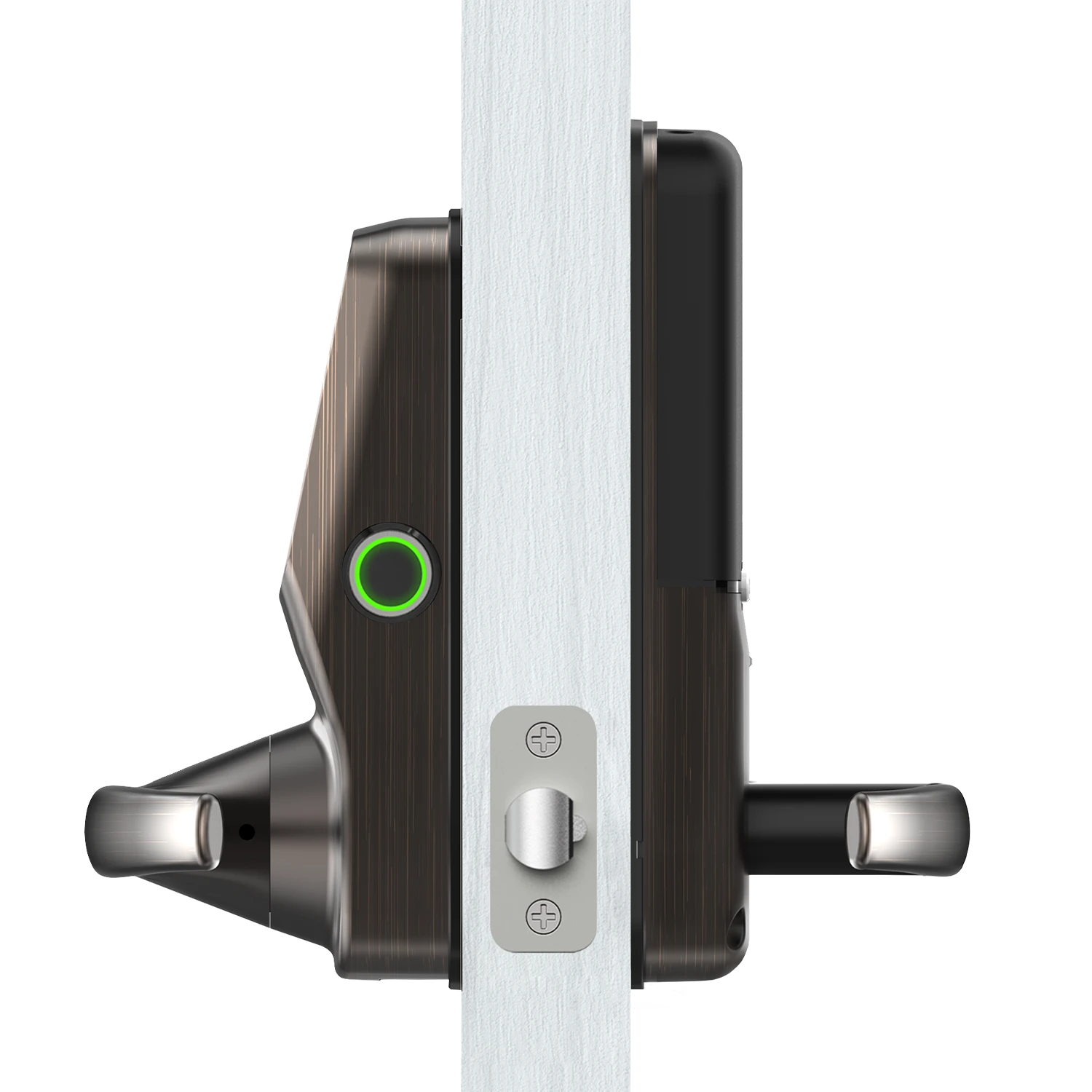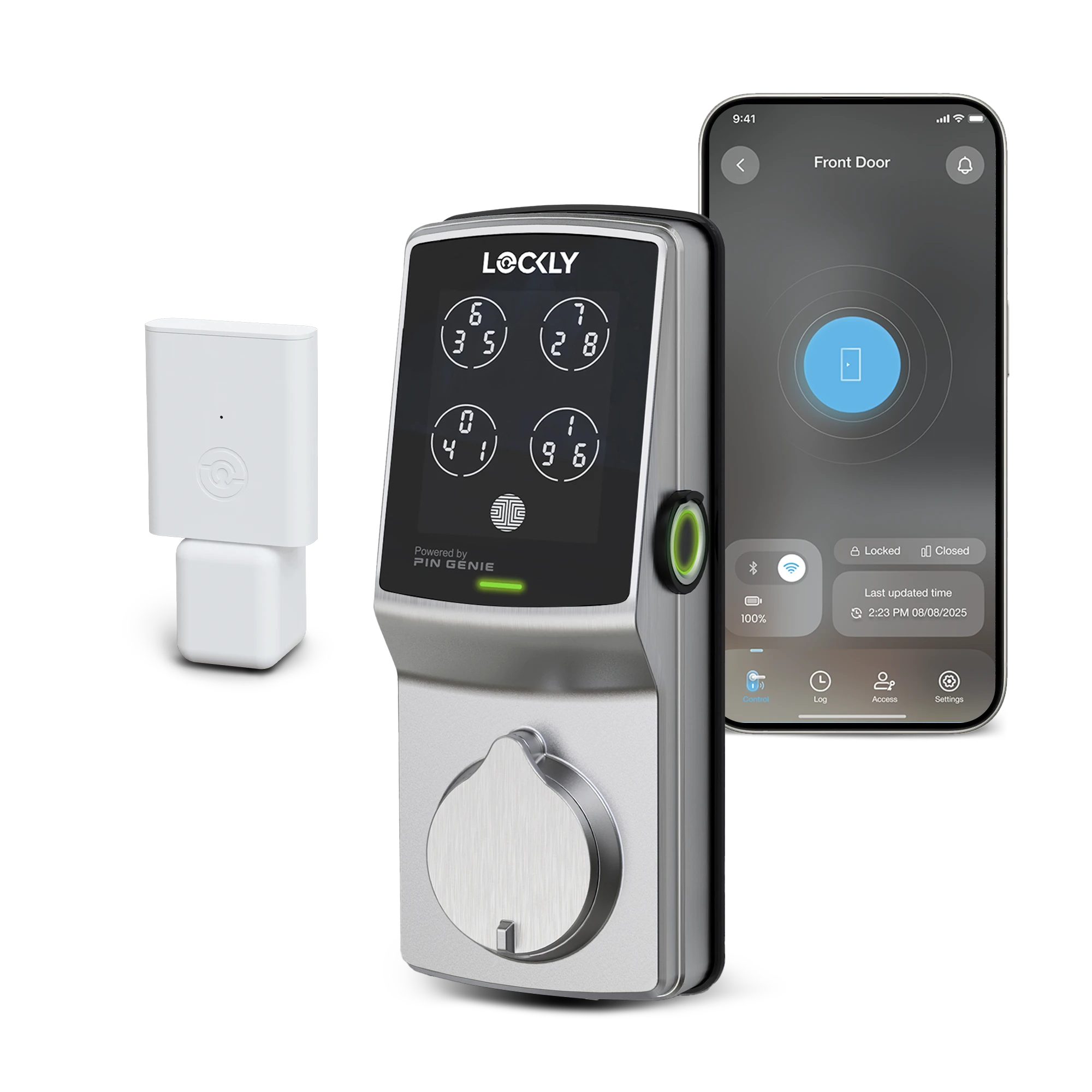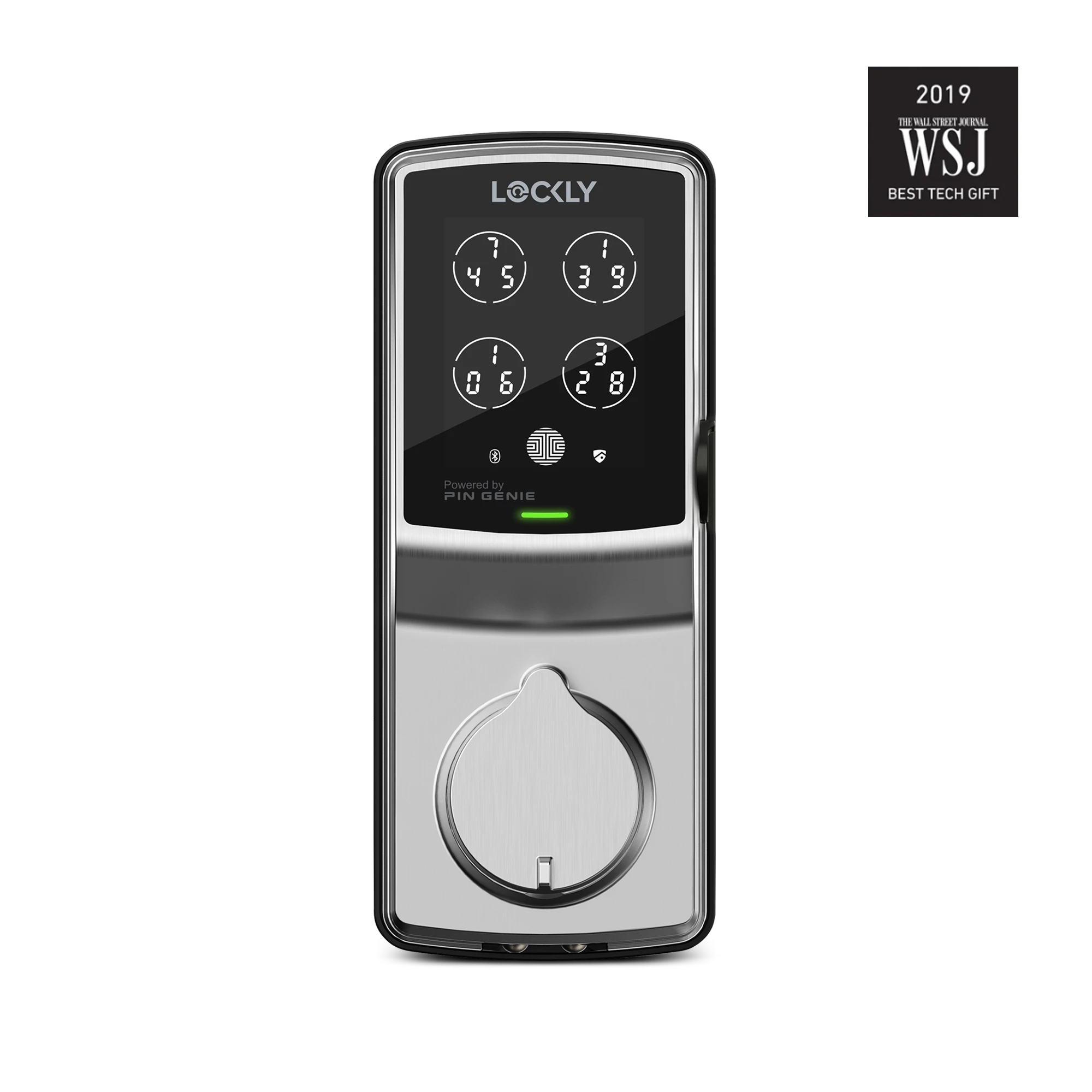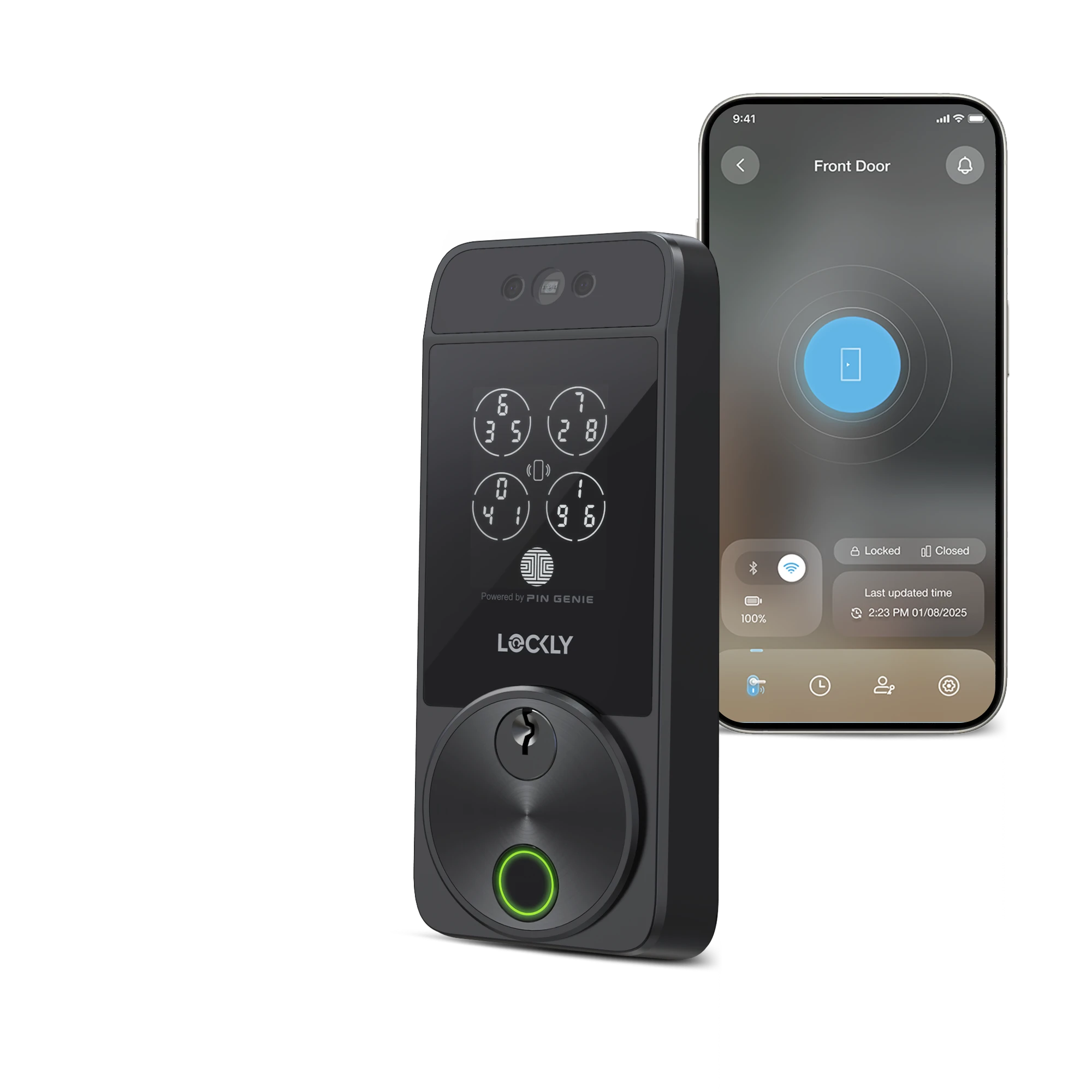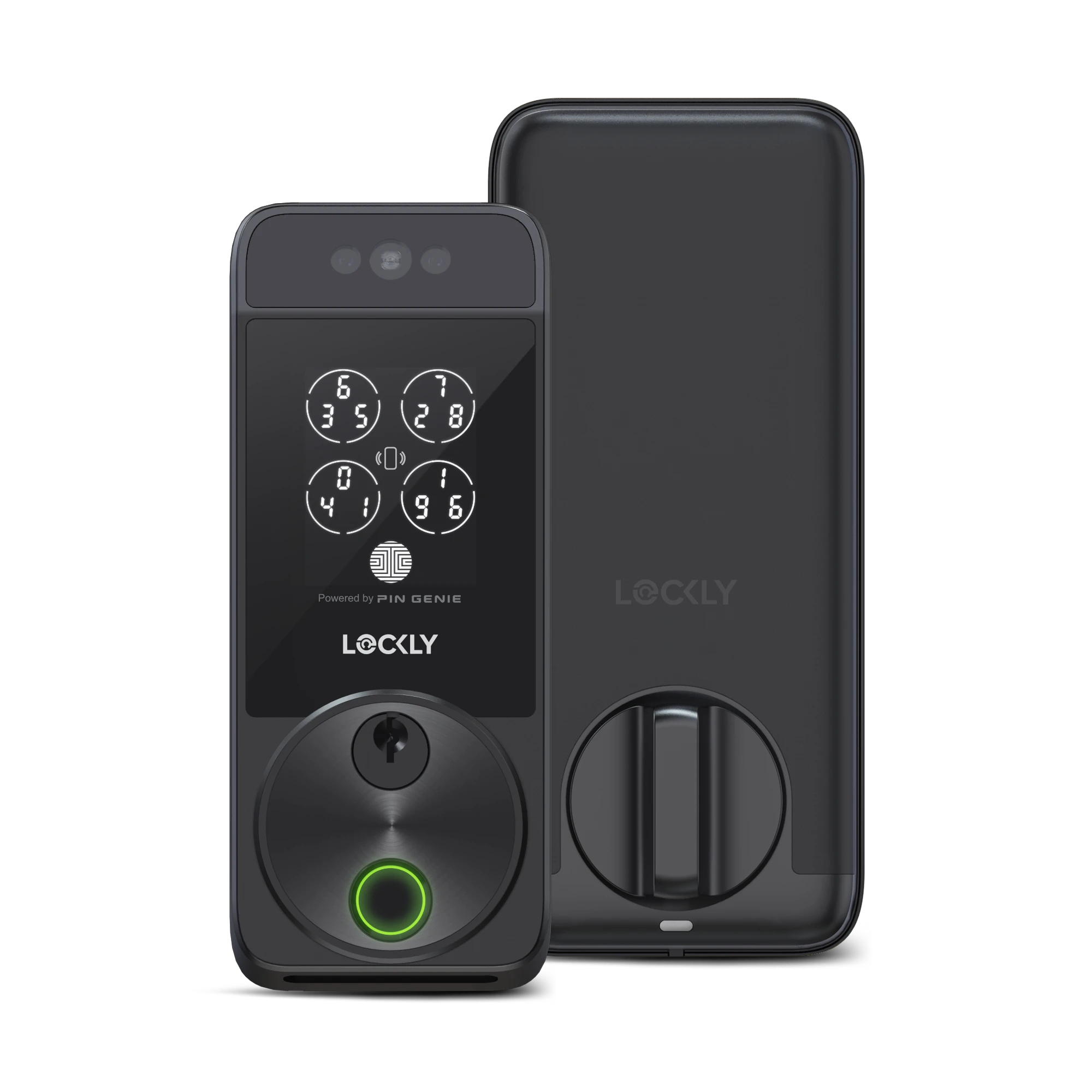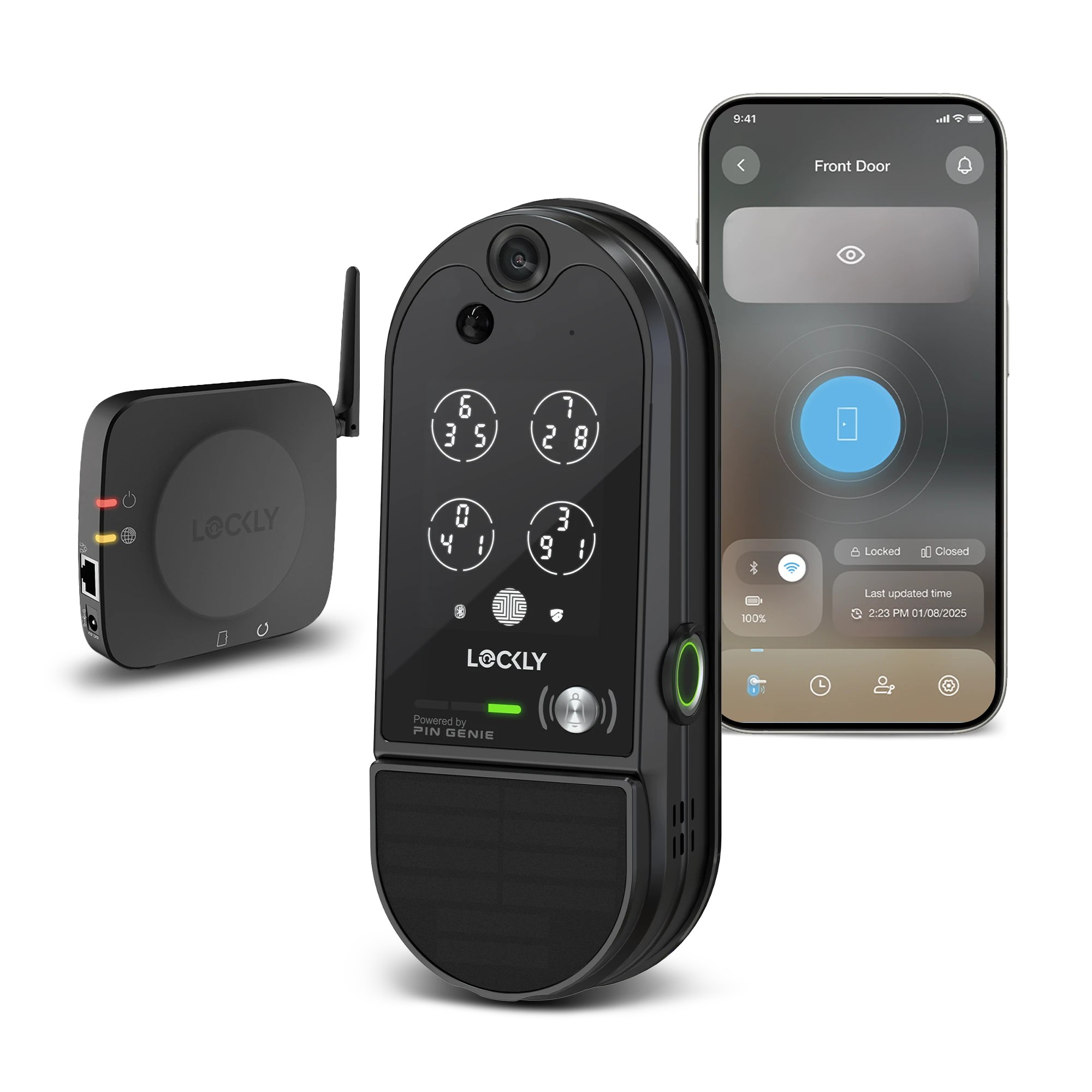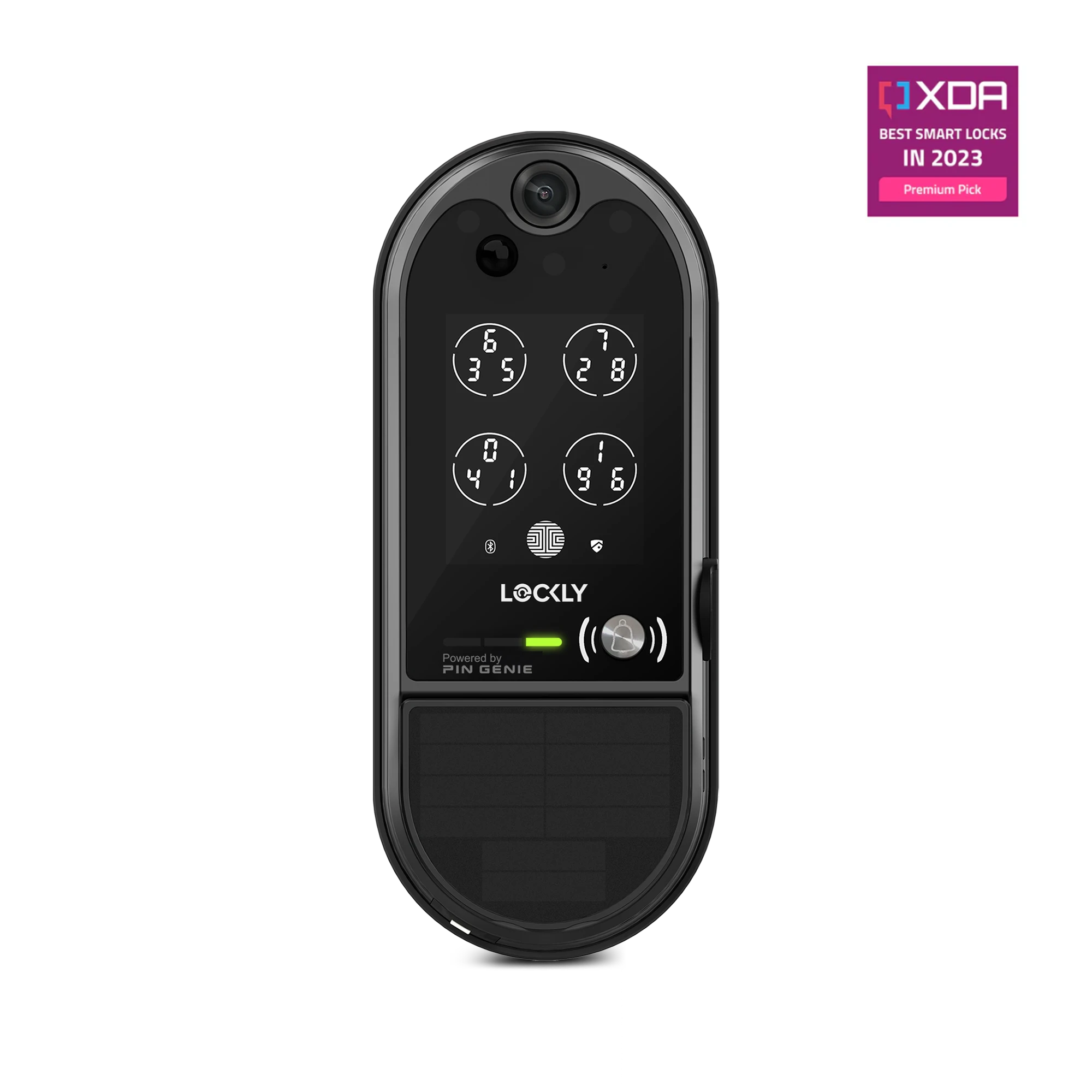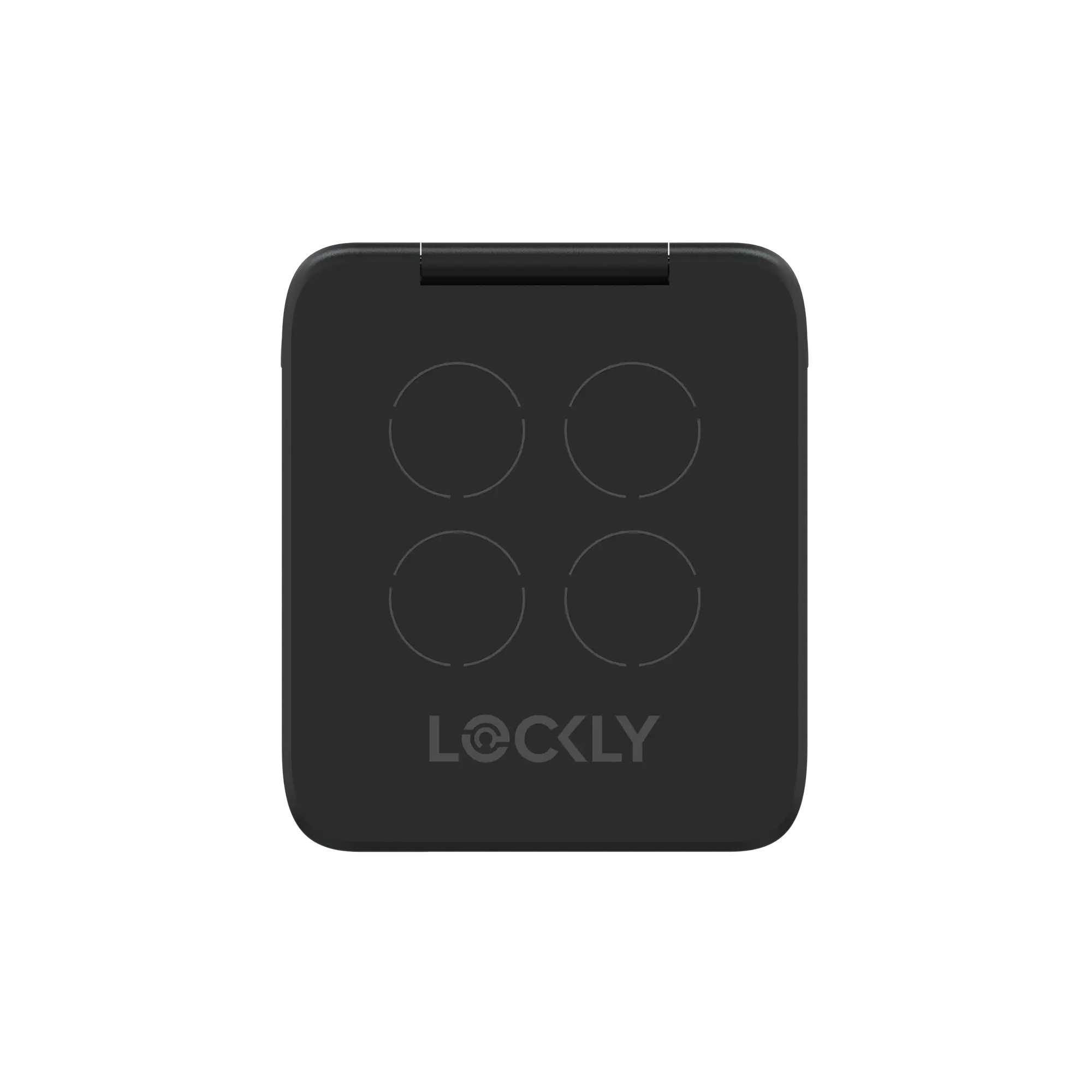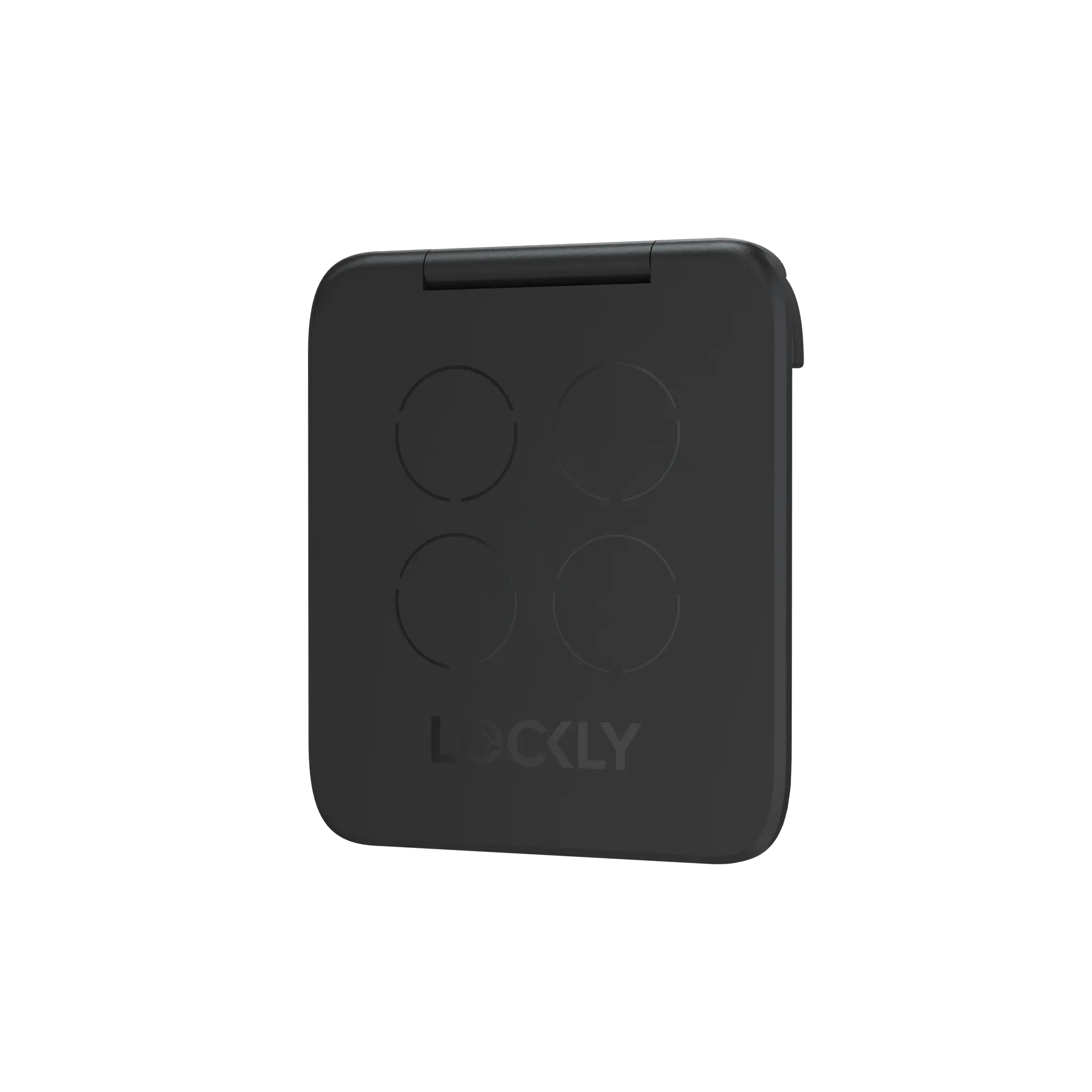What is the Matter Smart Home Standard?
One of the biggest obstacles to the fast-evolving smart home sector up to now has been lack of standardization across devices. As is often the case with pioneering tech, each developer wanted to establish a foothold with proprietary hardware and software. However, most soon realized that next-generation tech that can’t communicate with other devices makes for a pretty underwhelming user experience. The goal of the smart home, after all, is seamless integration.
Champions of the Matter standard see it as the game changer that can finally deliver that dream. Making its debut in October 2022, Matter introduces a unified smart home protocol in place of proprietary software. In other words, it makes smart home products compatible. A second phase of upgrades in 2023 incorporated devices ranging from fans to robot vacuum cleaners into the protocol. The key source of optimism about Matter is that it’s backed by the big smart home tech players, switching the focus from market share to overall market growth at last.
Lockly Is an Early Adopter of Matter Standard
Smart locks were included in the first round of devices to adopt the Matter standard, along with lights, HVAC, sensors and other essential components of a secure, functioning home. Not all smart lock manufacturers were up to speed, however. Luckily, Lockly was firmly among the early adopters. Our existing range of smart locks and video doorbells is compatible with other devices via the Matter link, while all future models will be ready to integrate out the box.
As a result, you can be confident that your Lockly Smart Lock will communicate with your Alexa, Apple Home, Google Home, Samsung SmartThings or other home device without you having to download and set up multiple apps to manage connectivity.
What do you need to unleash Matter?
The Matter standard uses open-source software and requires surprisingly little in terms of firmware or hardware. Essentially, you need a smart home hub or app to serve as controller. As of now, the four major smart home platforms are all capable of serving as Matter controller:
- Amazon Alexa
- Google Home
- Apple Home
- Samsung SmartThings
Protocols that are not supported natively by Matter (eg. Zigbee or Z-Wave) require a ‘Matter Bridge’ to integrate devices into the network. Each Matter-compatible device comes with an 11-digit set up code or QR code. You simply have to add your chosen device to the Matter network when prompted.

What Are the Benefits of Matter?
The key feature of Matter that homeowners have responded to is convenience. You can now add, manage and control your smart lock (or other compatible device) from a single platform instead of having to route commands and access through separate channels. Imagine if each time you wanted to open an app or feature on your smartphone you had to enter your email address and password. That’s the same principle that Matter addresses. You only need to authenticate your access once to operate all the apps and features you’ve installed.
Stronger encryption
The Matter protocol operates across a WiFi, ethernet/intranet or Bluetooth network, so control is local. In other words, sensitive data does not need to be shared through the cloud. In turn, that makes it easier to secure against hacking, not to mention the fact that Matter devices communicate using end-to-end encryption and device authentication.
Enhanced automation
With more connected devices communicating with each other more easily, Matter finally delivers on the promise of the fully connected smart home. From a smart lock perspective, there are more ways with Matter to manage your security devices, without having to load up on additional hardware.
Energy efficient
Matter uses a low-power mesh networking protocol so you can minimize battery use. Our smart locks are already surprisingly energy efficient, and you don’t have to worry about low battery power exposing your security, but any technology that continues the push towards energy efficiency is welcome.
How Matter Will Define the Smart Home
Widespread, perhaps universal adoption of the Matter standard will nurture the rise of the smart home in two ways. On the one hand, by removing some of the operability barriers between the tech giants (Amazon, Google etc.) Matter will force the most innovative companies to continue investing in next-generation features to remain competitive, rather than competing through restriction of services. In other words, you don’t have to put all your eggs in one basket by picking only one voice assistant. You can run a selection in parallel and leverage the features that work best for each.
On the other hand, a unified standard will attract new players into the market, broadening the availability of features on offer. Expect to see the steady rise of smaller manufacturers focusing on doing one thing exceptionally well, like Roomba and Roborock did with the robot vacuum cleaner, for example.
Find Your Smart Home Solutions with Lockly
Some smart lock manufacturers are already playing catch up on connectivity, but not Lockly. We’re leading the pack and fully committed as always to delivering cutting-edge solutions, now equipped to unlock the full potential of the Matter standard.
To explore our complete range of Matter-enabled smart locks and video doorbells, click here.
Interested in further reading? Learn how facial recognition is revolutionizing smart lock access.
Sources:
Matter FAQ on the Matter standard | matter-smarthome
CSA Build With Matter | Smart Home Device Solution - CSA-IOT
